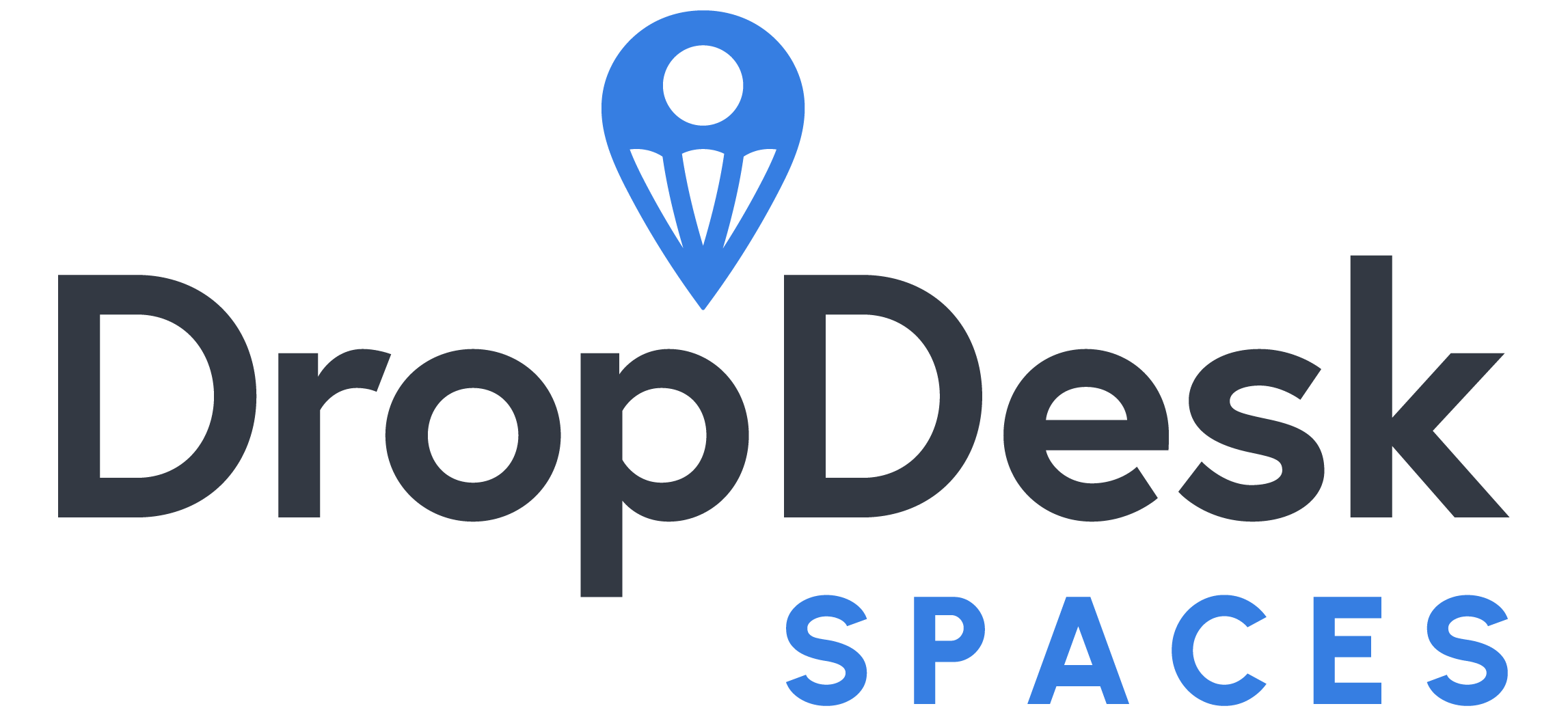The digital age has ushered in a new era of economic opportunity, transforming the way we consume goods and services. From e-commerce giants to shared economy platforms, these digital marketplaces have become integral to our daily lives. However, that “vast untapped potential” isn’t solely digital; it’s also found in a significant, often overlooked, area: the opportunity of underutilized space.
The True Cost of Underutilized Spaces
Empty storefronts, parking lots, vacant restaurants, and for sale signs are a common sight in every city. This pervasive reality of underutilized space extends far beyond just commercial properties. It affects residential areas, event spaces, and every type of space imaginable. All of the above represents more than missed rental income; it’s a significant leakage of economic and social value.
So What Is The Hidden Cost?
- Lost Revenue: The most obvious cost is the direct loss of potential rental income, which can translate to thousands of dollars lost per month.
- Offset Marketing Costs: Actively utilizing a space, even at a discounted rate, generates organic buzz and word-of-mouth referrals. This can dramatically reduce the need for expensive marketing campaigns, cutting your costs drastically.
- Empty Spaces Still Bleed Money: Property taxes, insurance premiums, and basic utilities continue to accrue, regardless of occupancy, creating a constant financial drain for owners.
- “Try Before You Buy” Model: An empty space represents a missed opportunity to showcase its value. By offering short-term bookings or events, you allow potential long-term users to experience the space firsthand, fostering familiarity and increasing the likelihood of repeat bookings or a longer-term commitment.
- Negative Perception: Empty spaces can signal economic decline, attract unwanted activity, and diminish the overall appeal of a neighborhood, ultimately impacting property values and business prospects.
By rethinking how we view and utilize these spaces, we can transform these liabilities into valuable assets, contributing positively to the owner, the community, and the economy.
The Current Challenges of Listing Platforms (and Aggregators)
Based on our conversations and direct experience working with space owners, here are the key challenges we have consistently heard:
- Limited Differentiation and “Commoditization”: On large platforms, it’s incredibly difficult for smaller spaces to stand out. Owners feel like they’re competing solely on price, as most platforms offer very similar features. They lose control of their brand and unique selling propositions.
- Overwhelming Listing Management: Managing listings across various platforms presents a significant time burden for hosts. Each platform’s unique interface, rules, and communication methods require considerable effort to navigate. Given that only a small number of platforms typically generate the majority of leads, the return on investment for this time commitment is often questionable.
- The “Aggregation Of Aggregators”: This is a growing concern we are hearing more and more about. Large operators, particularly those in the flexible workspace sector that operate their own spaces, are increasingly acquiring platforms that both market and power smaller spaces. This creates a fundamental conflict of interest. They’re essentially competing directly with these smaller, independent space owners who rely on their software. Owners are understandably worried about their data being used to benefit a competitor and about the long-term viability of their business.
The Rise of the Sharing Economy, AI, and the Human Need for Connection
The sharing economy has revolutionized how we access and utilize resources. From ride-sharing to home-sharing, this trend of democratizing access to asset-sharing platforms leads the charge. AI is further accelerating this trend by analyzing vast amounts of data. AI algorithms can optimize pricing, scheduling, and resource allocation at in-human speeds.
However, it’s crucial to recognize that as our lives become increasingly digital, the physical world, and the spaces within it, take on an even greater significance. Technology connects us globally, but it can also lead to the detachment of human interaction.
Real, tangible spaces provide opportunities for genuine human connection, collaboration, and a sense of community. It’s about more than just maximizing square footage; it’s about fostering connection. This is why DropDesk’s core mission, is simple: To unlock the potential of underutilized spaces, connecting hosts with those seeking places to work, play, create, and celebrate. It’s about transforming idle space and services into their full potential, where people can come together and build meaningful relationships.
The Power of Community
There is immense power in building your own hyperlocal marketplace. While global aggregators cast a wide net, they often lack the depth of connection and understanding of what a community-focused platform can offer. You can attract loyal customers, drive repeat business, and build a brand that resonates deeply at a local level. These local “niche marketplaces”, such as those focused on specific hobbies, professions, or even neighborhoods, are particularly well-suited to this approach. By catering to a dedicated audience with specific needs, you can create a stronger, more resilient business than by trying to be everything to everyone. This focused approach enables the smaller guys to effectively outcompete larger, less-focused aggregators.
So if it’s that simple, why don’t we see more localized marketplaces?
Building a Tech Platform Has Its Challenges
While the potential of hyperlocal marketplaces is clear, building one from the ground up is a significant undertaking. As technology founders, we understand this struggle well. The combination of operational and technology costs leaves most operators and entrepreneurs with formidable hurdles, including:
- High Development Costs and Technical Complexity: Creating a custom marketplace platform requires substantial investment in software development, design, and infrastructure, and involves complex coding, database management, payment processing, integrations, and ongoing security considerations. This makes the barrier of entry high for most.
- Time to Market: Developing a platform from scratch can take years, delaying the realization of revenue and user acquisition. Basically, development happens often without fully validating if anyone wants the product/service. Even with a functional platform significant marketing effort and expertise is required to scale it.
- Ongoing Maintenance and Updates: Technology requires continuous maintenance, updates, and security patches to remain functional and competitive.
What’s The Answer?
DropDesk empowers space owners to compete against larger aggregator platforms. We provide the tools to create your own branded booking platform, connecting customers with your spaces or third-party spaces you onboard as Hosts. Think of it as your own “Airbnb” like platform for spaces in any vertical, industry, or geography.
Our cutting-edge platform supports diverse charging options, inventory management, and internal marketing services, allowing operators to board their own Hosts and Users under their own white-labelled marketplace. We believe that this approach transforms local underutilized spaces into valuable assets, driving economic growth and connection within local communities.
If you are interested in creating your own Marketplace, visit our partnerships page here.





